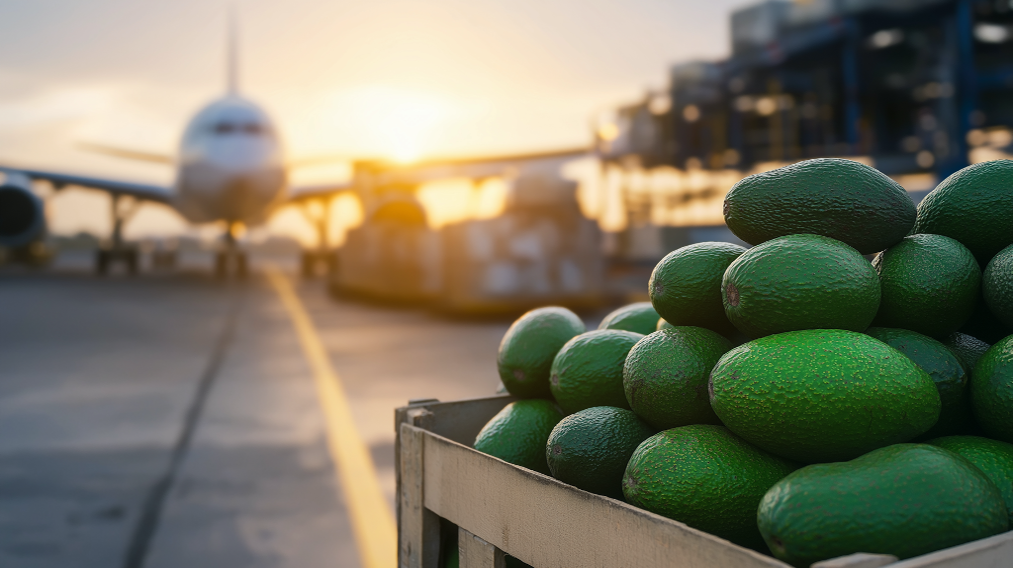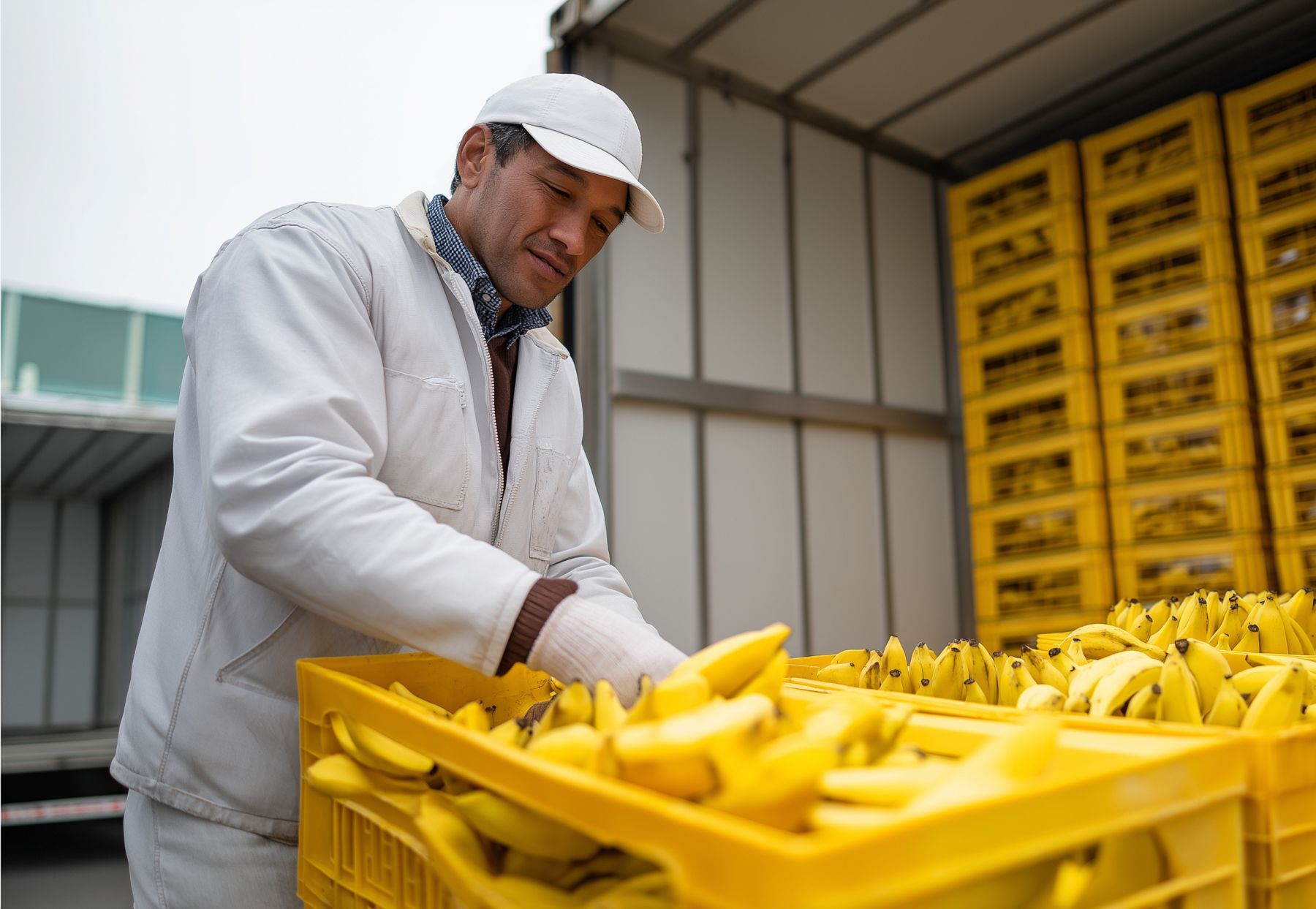Understanding Perishable Logistics: What It Takes to Keep Goods Fresh from Origin to Destination
Moving perishable goods across the globe is no small task.
Whether it’s seafood, fresh produce, pharmaceuticals, or other temperature-sensitive products, success depends on getting them from A to B in optimal condition, and on time.
At Vision International Logistics, we specialise in doing just that.
Discover how we keep goods fresh from start to finish.
What is Perishable Logistics?
Perishable logistics refers to the transportation and handling of goods that deteriorate over time if not stored or moved under specific conditions. Common examples include fresh fruit, dairy, meat, vaccines, and other pharmaceuticals. These items are sensitive to temperature, humidity, light, and handling time.
Unlike standard freight, perishable goods often require a controlled cold chain environment, from the supplier's warehouse to the final delivery point. It’s about more than just speed. Maintaining strict temperature ranges and ensuring compliant, uninterrupted handovers are what make or break a successful shipment.
Discover our perishable logistics services.
Cold Chain Management: The Backbone of Perishable Freight
Cold chain logistics is a dedicated process where refrigerated or frozen goods are kept within precise temperature ranges throughout the journey. This includes every leg: warehousing, customs inspection, sea freight, air freight, and final delivery.
At Vision, our perishable forwarding services include on-site cool rooms and freezer facilities, DAFF-approved transshipment locations, and strict handling protocols. We follow HACCP and ISO-aligned quality management systems to reduce the risk of spoilage and ensure compliance with Australian food safety regulations.
Air vs Sea Freight for Perishables
Choosing between air freight and sea freight depends on the product, shelf life, and destination. Air freight is ideal for time-sensitive and high-value perishables that must reach market quickly, think fresh berries, pharmaceuticals, or live seafood. Sea freight is more economical for large-volume goods with a longer shelf life, like chilled meat or frozen vegetables.
Vision’s global network ensures competitive air space bookings and premium container options for sea freight. Our experienced team will guide you on the best mode based on your shipment profile and market requirements.
The Role of Customs and Compliance
Compliance with import and export requirements is critical for perishable logistics. Australia's Department of Agriculture, Fisheries and Forestry (DAFF) has strict standards for biosecurity, temperature control, and documentation. Any delay due to incorrect paperwork or customs missteps can spoil an entire shipment.
Our in-house customs brokerage team ensures all your clearances are handled efficiently and accurately. With DAFF-approved personnel and experience handling phytosanitary certificates, we remove the guesswork and minimise the risk of costly disruptions.
For more about customs requirements, visit the Australian Border Force’s broker guidelines.
Why Partner with Vision International Logistics?
We understand that perishables can’t afford delays or errors. That’s why we’ve built our processes, technology, and team around delivering consistent outcomes for clients across food, pharma, and specialised logistics sectors. Whether you're exporting chilled goods from Brisbane or importing pharmaceuticals from overseas, our tailored solutions ensure your cargo stays compliant and fresh, every step of the way.
Contact us today for a quote and learn how we support cold chain success — from port to plate.










